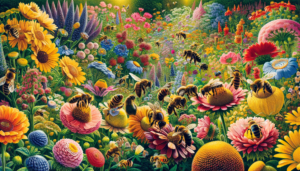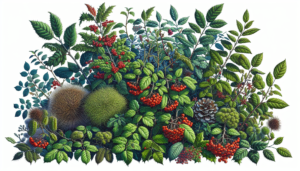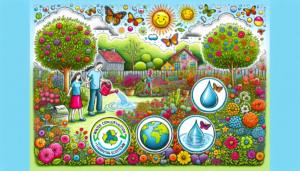Climate change has become one of the most talked-about issues of our time. It’s difficult to read a newspaper or watch TV without coming across this topic on a daily basis.
But as much as we hear about it, it can be difficult to pinpoint precisely what the term means. There’s a lot of misinformation that makes it difficult to come up with a definition, not to mention some groups refuting its existence altogether.
This blog will offer you a what is climate change definition. By the end, you should be able to differentiate the facts from the noise and understand the scientific claims behind the term.
What Is Climate Change: Definition
Climate change describes a variation in temperature and weather patterns over a prolonged period. The term could refer to a specific location or a general trend, but most people use it to describe a phenomenon occurring across the globe.
In recent decades, there has been a gradual but significant increase in temperature on our planet. The increase has happened due to what takes place in the ozone layer, a layer in the atmosphere that surrounds Earth.
The ozone layer absorbs almost all of the sun’s radiation that reaches Earth. An increased level of carbon dioxide and other pollutants can cause the ozone layer to deteriorate, allowing more radiation to reach Earth’s surface, which raises the global temperature.
Causes of Climate Change
The causes of climate change can be both natural and man-made, and it’s difficult to determine how much of it we can attribute to one cause.
However, most experts believe that the great majority of causes of climate change relate to human activity. Here are a few examples of some potential man-made causes of climate change.
Burning of Fossil Fuels
Since the beginning of the Industrial Revolution, the use of fossil fuels for energy has grown rapidly across the world, whether it was the coal-powered steam train engines of the 19th century or the mass ownership of petrol cars in the 20th century.
The burning of fossil fuels causes carbon dioxide, previously trapped inside fossils, to be released into the atmosphere.
Farming and Livestock
More efficient farming techniques and an increased appetite for meat-based products have posed a threat to the environment for decades because a greater volume of livestock produces more pollution in the atmosphere.
One of the biggest culprits is cow farming, as these animals produce large quantities of methane. Like carbon dioxide, methane has the potential to cause the ozone layer to deteriorate.
Population Growth
The growth of the global population has increased more than sevenfold since 1800. Along with this population growth comes an increase in the global consumption of food, manufacturing, and transport, all of which cause the burning of more fossil fuels and contribute to climate change.
Consequences of Climate Change
The prospect of climate change threatens much of the world’s wildlife. Many species of plants and animals and the ecosystems within which they live can only survive within a narrow temperature range. Once that temperature range is exceeded, these species of fauna and flora will struggle to survive.
What’s more, changes to the climate can erode the natural habitats in which many animals live. For instance, common effects of this trend include droughts and floods that can cause plants and animals to die. Combined with the rise in temperatures, these conditions could cause many species to fall into extinction.
But climate change can also pose challenges to human life. Farmers, for example, will find it much harder to grow their crops if rainfall and temperature patterns change on their farms, causing crops to wither and die. In addition, tidal changes can threaten coastal regions, as rising tides cause homes near the coast to go underwater.
What Is Climate Change Definition — Final Thoughts
We hope this guide has answered the question of what is climate change definition. You’ve learned that this phenomenon has severe implications for Earth’s future, as it can impact everything from wildlife to human prosperity.
Perhaps the most important takeaway? Humans are largely responsible for the trend and have the power to slow its progression.



